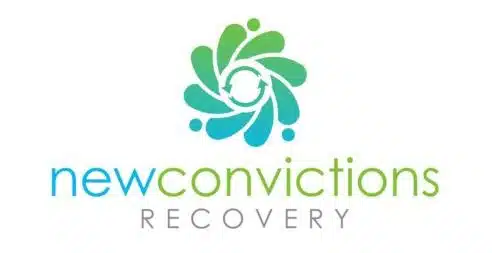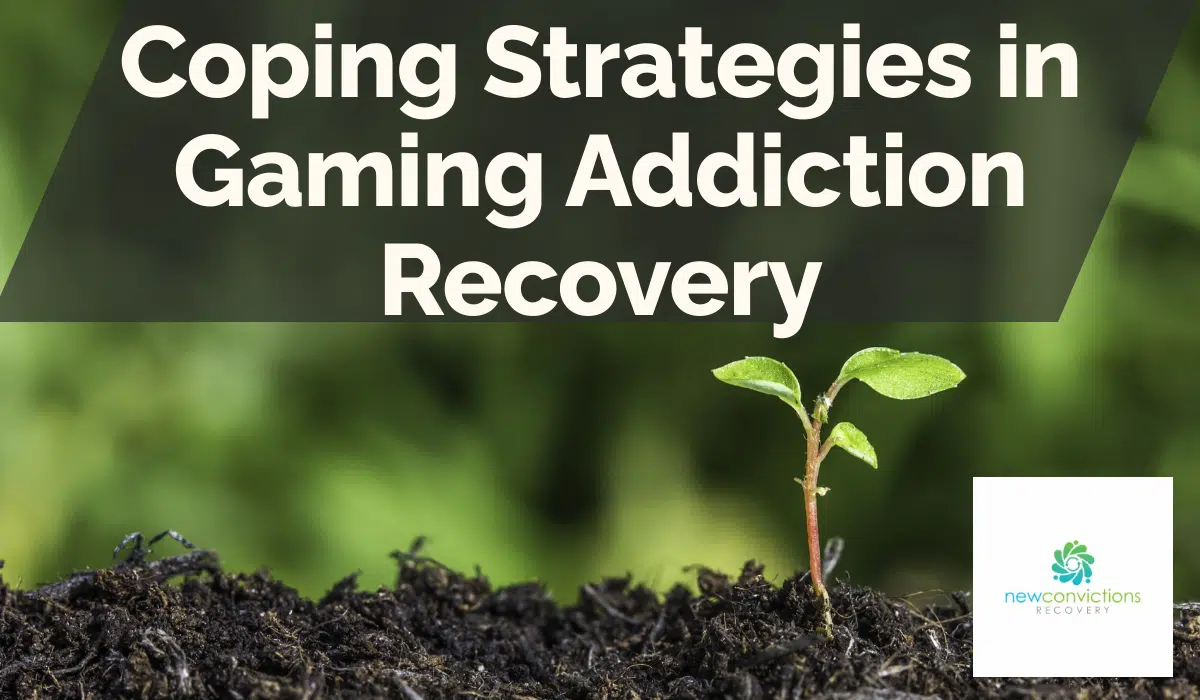Gaming addiction is a real and pressing issue in today’s digital age. With advancements in technology and the nature of video games becoming more immersive, the problem is escalating. This article provides valuable insight into various ways individuals can triumph over gaming addiction, focusing on individual counseling, family therapy, and personal coping strategies.
Understanding Gaming Addiction
The first step towards recovery is the acknowledgment and understanding of the addiction itself. Gaming addiction is described as an uncontrollable urge to continue playing video games, which interferes with one’s daily activities and responsibilities. The condition is not about the number of hours spent gaming but rather the effect it has on a person’s life.
Role of Individual Counseling in Gaming Addiction
Professional counseling can play a significant role in helping with gaming addiction. The objective of individual counseling is to assist in identifying the underlying causes of the addiction and devising personalized coping strategies. The counselor also provides psychological support throughout the recovery process, which is crucial for maintaining progress.
The Process of Counseling
The counseling process usually involves techniques like cognitive behavior therapy (CBT). This method helps shift unhealthy thought patterns and eliminate detrimental behaviors associated with gaming addiction. It includes techniques to manage stress and cope with triggers.
Importance of Family Therapy in Gaming Addiction
Family therapy assumes a vital role in dealing with gaming addiction too. It emphasizes understanding the addiction from a family system perspective. The process involves educating family members about gaming addiction and enabling them to provide supporting environments conducive to the recovery process.
Roles in Family Therapy
In family therapy, family members learn how to set boundaries and encourage healthy behaviors. It also involves open discussions to deal with any family-related issues that may contribute to the addiction.
Personal Coping Strategies
Alongside professional help, personal coping strategies are pivotal. They can include hobbies, physical activities, mindfulness exercises, and maintaining a strong support network of friends and family. Developing these strategies aids in reducing the compulsive urge to game and helps to break the cycle of addiction.
Development of Coping Strategies
- Engaging in physical activities like sports, yoga or gym workouts can serve as excellent distractions and stress relievers.
- Mindfulness exercises such as meditation contribute significantly to managing gaming cravings.
- Building a support network plays a key role in recovery as it provides the individual with emotional support, motivation, and accountability.
Frequently Asked Questions
What role does individual counseling play in overcoming gaming addiction?
Individual counseling helps identify the underlying causes of addiction and devise personalized coping strategies. It provides psychological support during the recovery journey.
How does family therapy assist in gaming addiction recovery?
Family therapy educates family members about the addiction and teaches them to provide a supportive environment for the person on the recovery path. They learn to encourage healthy behaviors and deal with family issues that may contribute to the addiction.
Conclusion
Overcoming gaming addiction entails a combination of individual counseling, family therapy, and personal coping strategies. It requires understanding the issue, seeking professional help, and implementing coping techniques for effective recovery. Remember, every small step counts towards progress and every effort made brings you one step closer to a balanced and healthier life.

